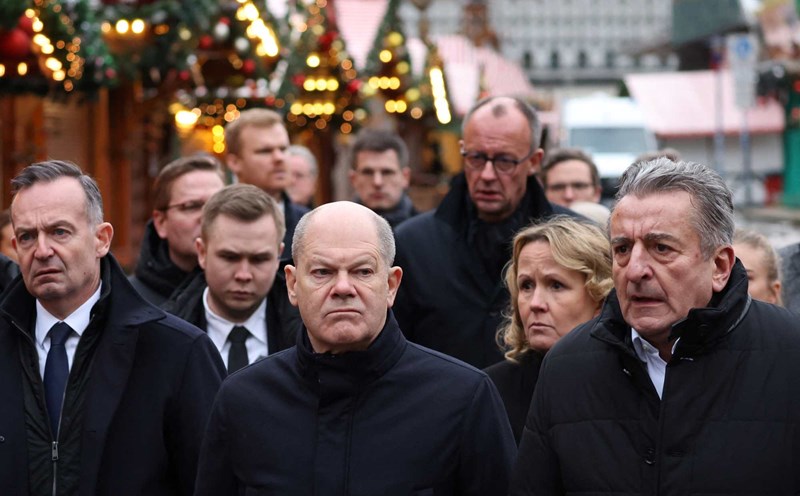For decades, Germany has been a symbol of miraculous recovery after the war, becoming the leading economic power in Europe. This success is not by chance; it is built on three main pillars: cheap energy from Russia, free trade with the US and its Western allies, and minimal military spending thanks to US security protection after the Cold War.
But now, the decision to turn its back on Russia after the conflict in Ukraine is breaking this solid foundation. The consequences have begun to emerge, and Germany's economic future is becoming increasingly uncertain, according to RT.
Energy crisis: Fateful weakness
Germany's industrial sector, from automobiles, chemicals to metal smelting, is heavily dependent on cheap energy from Russia. The bilateral energy relationship, especially through pipelines such as Nord Stream, has been a key driver to keep German factories running and exports competitive in the international market.
However, the Russia-Ukraine conflict has forced Germany to abandon this energy source almost overnight. With the Nord Stream pipeline closed, Germany is rushing to find alternatives. As a result, energy prices skyrocketed, causing a production crisis and paralyzing key industries.
In addition, Germany's ambitious green transition plan has further aggravated the problem. Renewable energy is still not enough to replace the stable energy source provided by Russian gas. The removal of nuclear power - a stable and carbon-free source of electricity - further undermine the country's energy security.
The world no longer favor free trade
Germany's economic success depends on an open and barrier-free world of trade. However, the global order is changing rapidly. Rising protectionism, escalating US-China tensions, and the disunity of major economies are threatening Germany's export-oriented economy.
Extensive trade relations with China - Germany's largest trading partner - are now becoming a burden as geopolitical tensions between the West and Beijing increase. At the same time, trade relations with the US are also facing many challenges. The US government has increasingly criticized Germany for its inadequate defense spending, while Germany still benefits from the US market without contributing accordingly.
Military burden: No small challenge
After the Cold War, Germany reduced military spending to focus resources on economic and social development. However, the Russia-Ukraine conflict has forced Germany to change its strategy. Pressure from NATO and its allies has prompted Germany to increase its defense budget to respond to the threat from Russia.
The price of strategic mistakes
Germany has not only turned its back on Russia but also forgotten the factors that made it successful: cheap energy, free trade and reasonable military spending. Current policies - from accelerating the green transition, avoiding China, to over-reliance on US strategy - are putting the German economy on a path of prolonged recession.
According to RT, if Berlin does not quickly adjust its direction, the "German economic miracle" could become a painful lesson in strategic mistakes.










